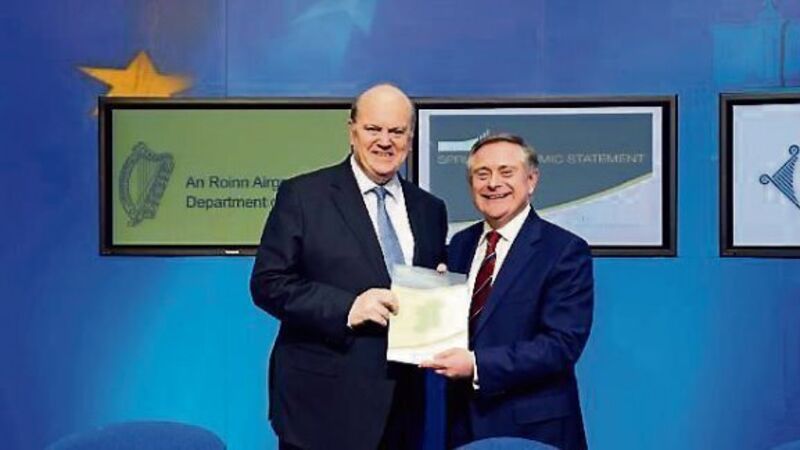Public service pay ‘restoration’ talks underway

Today’s engagement is expected to see the two sides lay out their initial positions, with the Government then expected to give unions a more detailed outline of the financial parameters on Thursday afternoon before talks begin in earnest next Tuesday.
Sources indicate that a winding-back of the pension levy, which averages out at about 7%, is likely to be only one part of any proposed agreement which may emerge within the next few weeks. That is because the way the levy was applied — with different percentages applying to different wage earners — means an “equitable” solution may not be possible if the entire restoration is based around it.













